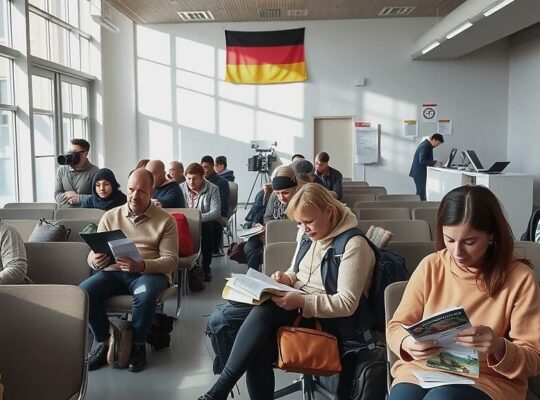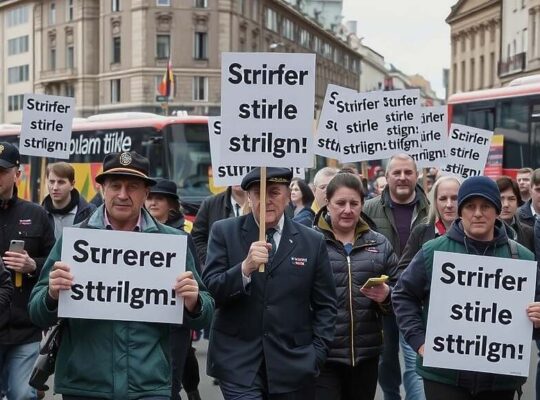The DAX index experienced modest gains on Thursday, closing at 24,293 points-a 0.1 percent increase compared to the previous day’s close. After a cautious opening, the index initially extended losses before ultimately moving into positive territory by the early afternoon.
Market analyst Andreas Lipkow commented that while European Purchasing Managers’ Indices (PMI) were slightly better than expected, “one swallow doesn’t make a summer”. He cautioned that the impact of U.S. tariffs on European goods will be felt, adding that recent upward revisions to economic forecasts by some institutions appear premature.
A joint statement released by the EU and the U.S. provided some level of relief. The declaration outlines a new U.S. tariff rule establishing a maximum tariff rate of 15 percent on most EU exports. Sectors including automobiles, pharmaceuticals and semiconductors are affected. Concerning cars and auto parts, the 15 percent U.S. tariff cap will coincide with the initiation of procedures by the EU to reduce tariffs on U.S. products. Certain goods, including aircraft parts and chemical feedstocks, will continue to be subject to most-favored-nation tariffs, according to the statement.
Shortly before market close, shares of Rheinmetall and Commerzbank led the gainers in Frankfurt. Sartorius, Beiersdorf and Deutsche Post were among the weakest performers.
Meanwhile, gas prices rose, with a megawatt hour (MWh) for delivery in September costing €33, a 4 percent increase from the previous day. Maintaining this price level would translate to a consumer price of at least 8 to 10 cents per kilowatt hour (kWh) including ancillary costs and taxes.
Oil prices also increased, with a barrel of Brent crude costing $67.32 at approximately 5 PM CET, a gain of 48 cents or 0.7 percent from the previous close.
The euro weakened on Thursday afternoon, trading at $1.1623, while the dollar was worth €0.8604.












